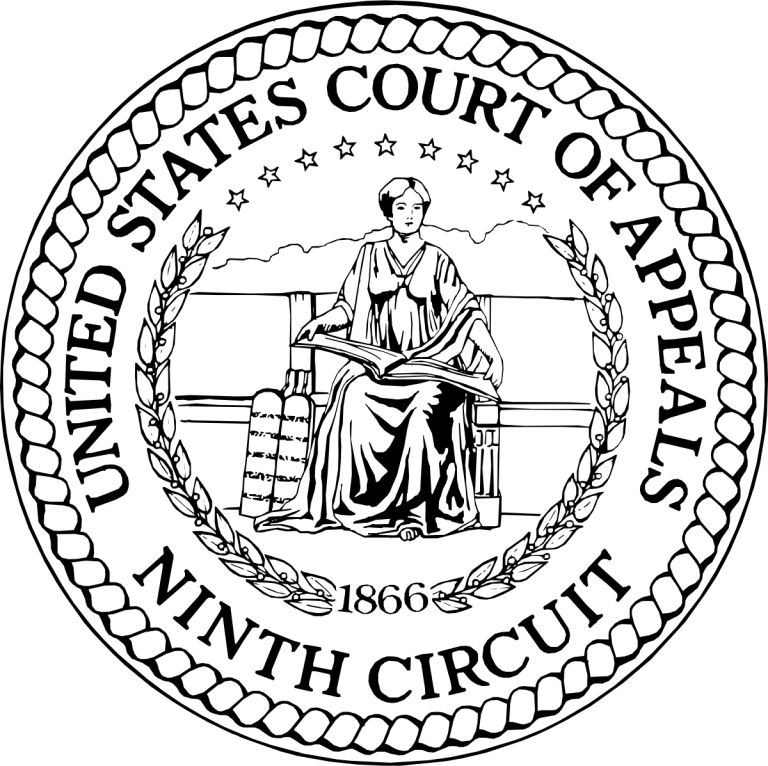Applying for asylum in the United States is a daunting process, especially for the many asylum seekers who do not have the benefit of an experienced attorney by their side. Asylum can be granted to a person who is unwilling or unable to return to her home country because of persecution on account of race, religion, political opinion, nationality or particular social group. How do you go about proving that you have faced, or will face, persecution on account of one of these specific grounds?
Asylum seekers often flee their countries quickly, with little more than the essential food, clothing and money needed for their journey. They do not have documents to prove the persecution that led them to flee in the first place.
The law allows asylum seekers to prove their claims by testimony alone if that testimony is credible (believable) and persuasive. If an Immigration Judge (IJ) concludes that an applicant not telling the truth, the Judge can make an “adverse credibility finding” and deny the application.
The Court of Appeals for the Ninth Circuit recently issued a decision reminding both Judges and the Board of Immigration Appeals (BIA), that any adverse credibility finding must be explicit (clear or plain). The case of Dai v. Sessions involve an asylum seeker from China. Mr. Dai testified that he was beaten, arrested, jailed, and denied food, water, sleep, and medical care because he tried to stop the police from forcing his wife to have an abortion. The Immigration Judge (IJ) and the BIA both found that Mr. Dai failed to prove he was eligible for asylum because he “failed to disclose” particular facts.
The problem was that neither the IJ nor the BIA made an explicit finding on the record that Mr. Dai was not credible. If he was considered credible, then his testimony is assumed to be true and the government must rebut the presumption that he will face future persecution by proving, for example, that the country conditions have changed that show there is no longer a threat to the asylum seeker. Since the government did not present any evidence to that, his testimony alone, which was never found incredible, established his eligibility for asylum. Judge Stephen Reinhardt (a champion of immigrant’s rights who sadly passed away on March 29th) said: “We think it not too much to ask of IJs and the BIA that they make an explicit adverse credibility finding before deporting someone on that basis.”
Because both the IJ and the BIA failed to make an explicit adverse credibility finding, the Ninth Circuit held that Mr. Dai’s testimony had to be taken as true and that this testimony established he was persecuted in China and was eligible for asylum.
The decision in Dai was not unanimous. There was a strong (and very long) dissent filed by one of the Judges. You can read the Court’s decision here.
Call us today to speak with an experienced asylum attorney about your asylum application: (213) 627-8997 or book online.

